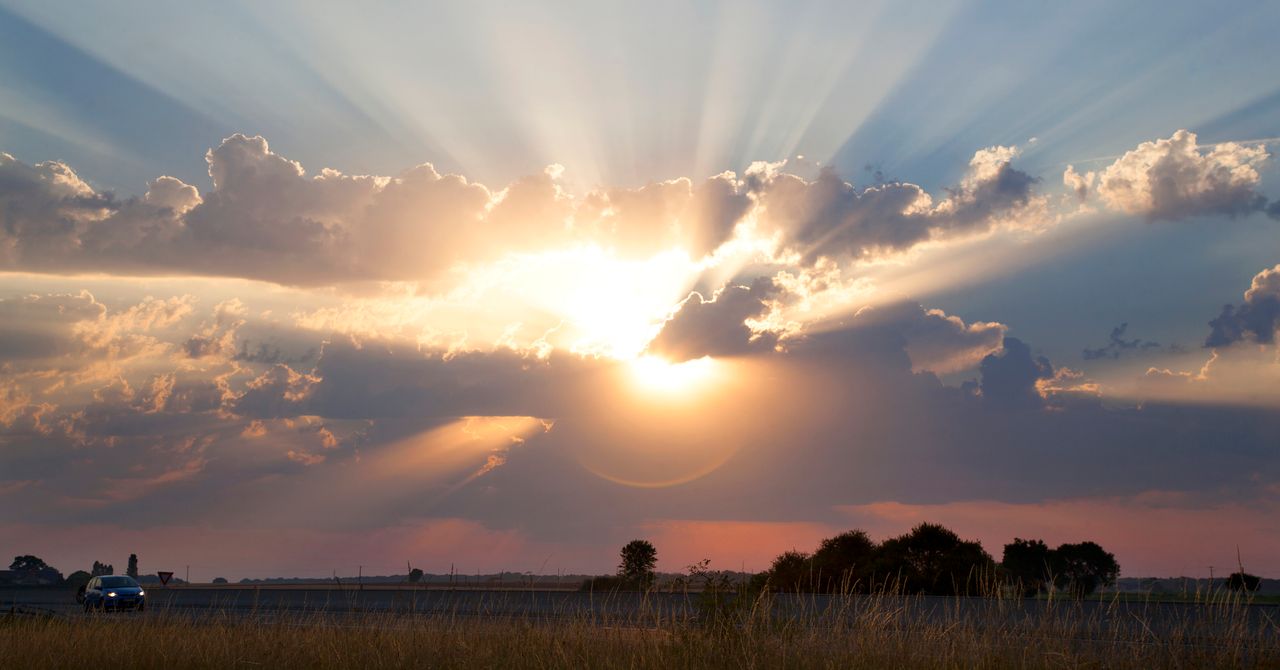Stardust’s prospective customers They seem to be governments: As countries are considering geo engineering, Stardust may be ready to sell tools to meet them, several experts said. In “Ne -mail -answer to questions about his business model, Yedvab described the company’s approach as” based on the premise “that solar energy engineering” will play a critical role in addressing global warming in the coming decades. “
The company’s portfolio technologies, Yedvab added, “can be deployed after decisions by the US government and international community.”
The company is trying to patent its geo engineering technology. “We expect that as we led [geoengineering] Research and development programs in advance, the value of Stardust’s technological portfolio will grow accordingly, “Yedvab wrote. Pasztor’s report adds that if governments decide not to practice geo engineering, investors” are at risk not to receive a return on their investment. “
The outlook on its own, privately distracted Geo Engineering Technology concerns some experts. Pasztor recommends that Stardust work with its investors to investigate ways to give away their intellectual property, similar to how Volvo made its patented three-point belt design freely available to other manufacturers 60 years ago. Alternatively, Stardust can work with governments to buy the full rights on the IP, which can then make the technology freely available.
In any case, according to Pasztor, Stardust can only continue in an ethical way if they do so with full transparency and independent supervision: “They work in a vacuum, in the sense that there is no social license to do what they are trying to do.”
Other experts have also questioned Stardust’s actions so far. When it comes to principles of management, such as transparency and public involvement, “they don’t hold on to either of them,” says Shuchi Talati, founder of the Alliance for Righteous Summit on Solar Power Geo -Engineering, a DC -based Washington, a DC -based organization. “The report of Pasztor is the only public thing we know about them,” she added. Stardust did no public consultation for his outdoor field tests, nor did he released any data or other information about it, Talati said. And that a lack of transparency could have consequences for the business, she argued, as the approach of Stardust can cause conspiracy theories about what a ‘secret Israeli company’ does, and on the road it will be much harder for people to trust Stardust.
A better approach, Talati argued in a paper published in January is that Stardust must be communicative and build confidence as early as possible, which announces what it does and with whom it is poignant. According to her, the funders of the company must also announce the extent of the work they fund.
People at Friends of the Earth, an environmental group who has long rejected Geo engineering as a ‘dangerous distraction’, Echo Talati’s concerns and continue their criticism of Stardust. “I don’t think it is compatible to have venture capital financing and to be committed to scientific ideals,” says Benjamin Day, Foe’s senior champion about Gogenencey. According to him, the problem is that Stardust’s engineers have an interest in finding that stratospheric geo engineering can and should be done.
If governments choose to use geo engineering, they can become very dependent on Stardust if they are before the competition – of which there is currently no, Day said. ‘There is no private market for geo -engineering technologies. They will only make money if it is deployed by governments, and at that point they are trying to hold governments with technological patents hostage. ‘
